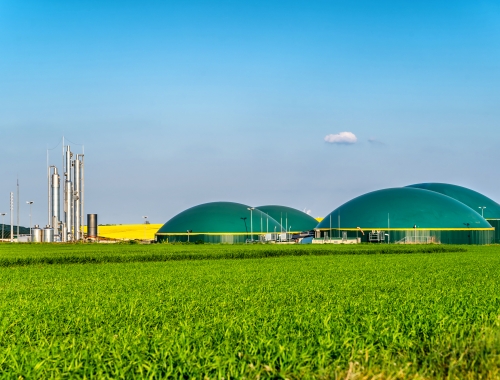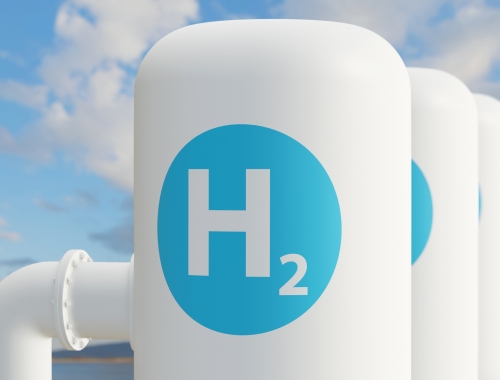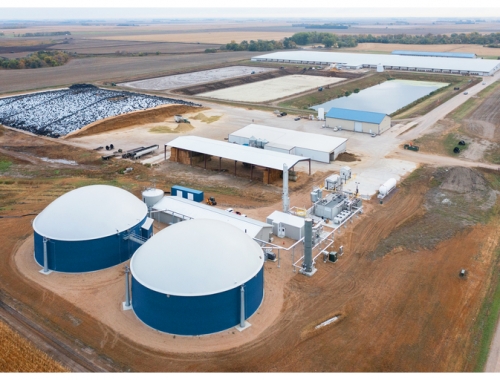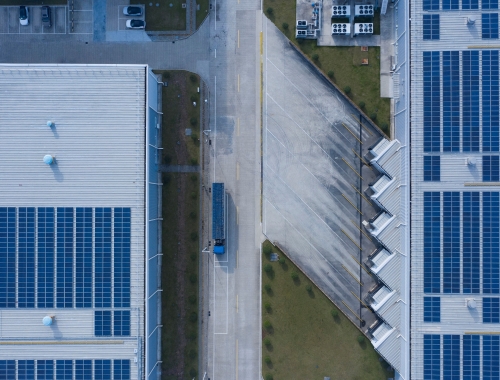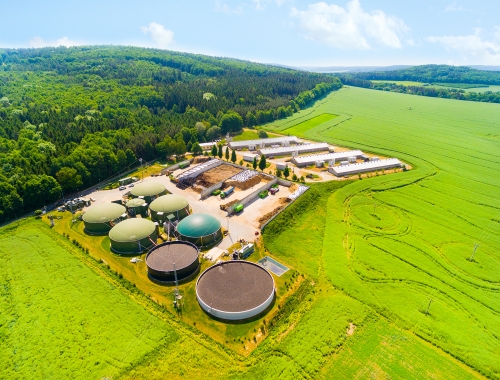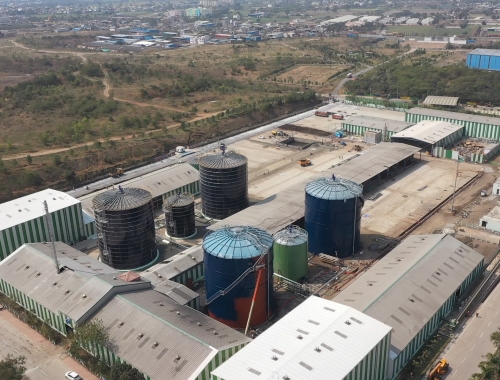ExxonMobil to certify some Permian gas production
SUMMARY
The US supermajor says it already met its goals related to methane emissions and flaring.
By Daniel GraeberUS supermajor ExxonMobil said September 7 it had signed an agreement with independent validator MiQ to certify some of the gas it produces from the Permian basin as responsibly-sourced.
MiQ is a collaboration between RMI, known previously as the Rocky Mountain Institute, and sustainability consultant SYSTEMIQ.
“It developed and maintains the ‘MiQ Standard,’ a framework that assesses and grades methane intensity, enhanced monitoring technology deployment, and operating practices that promote a culture of emissions management and continuous improvement,” ExxonMobil said. “An MiQ accredited independent auditor performs the assessment, and MiQ issues tradeable certificates based on the grade achieved.”
ExxonMobil is targetting its Poker Lake facility in New Mexico for the project. The company said about 200mn ft3/d of natural gas from the basin would be assessed, certified and made available to customers as soon as the fourth quarter this year. In the second quarter this year, ExxonMobil produced about 2.8bn ft3/day of natural gas in the US.
Poker Lake was chosen by ExxonMobil for its first foray into the world of responsible gas certification largely because of the wide range of technology solutions already in place to identify emissions. It has expanded the use of airborne LiDAR™ imaging technologies and SOOFIE methane detection technologies there, and is evaluating additional next-generation technologies, including satellites and artificial intelligence, as part of its ongoing efforts to find smarter and faster ways detect and mitigate emissions.
“As we improve our operations, certifying our natural gas will help our customers achieve their goals and support a lower-carbon future,” said Bart Cahir, senior vice president for unconventional resources at ExxonMobil. Certification may be extended in the future to ExxonMobil's other assets in the Permian, as well as to production from the Appalachia and Haynesville shale gas basins.
ExxonMobil, along with many of its peers, is doing more to lessen its environmental footprint. It said it has already exceeded its goals of lowering its methane emissions by 15% and its flaring by 25%, relative to 2016 levels, by the end of 2020.

